Fast-Ship EMI Filters for Antenna Systems: Your Guide to 48-Hour Quotes and FCC/CE Certification
Understanding EMI Filters and Their Importance Electromagnetic Interference (EMI) refers to the disruption caused by electromagnetic energy that can adversely affect the performance of electronic devices and communication systems. This interference can originate from various sources, including natural phenomena like lightning, as well as man-made devices such as motors, power lines, and even wireless communication …
